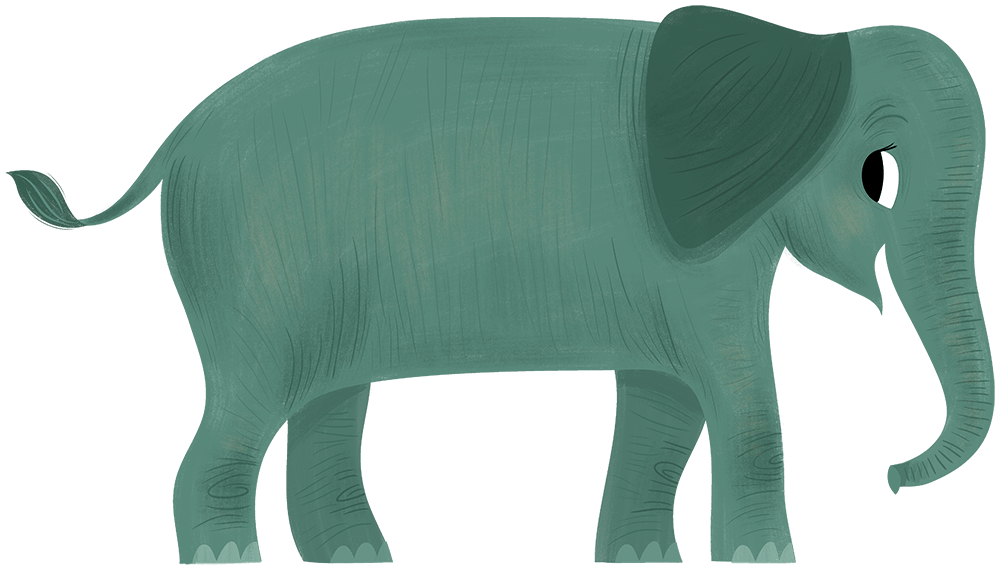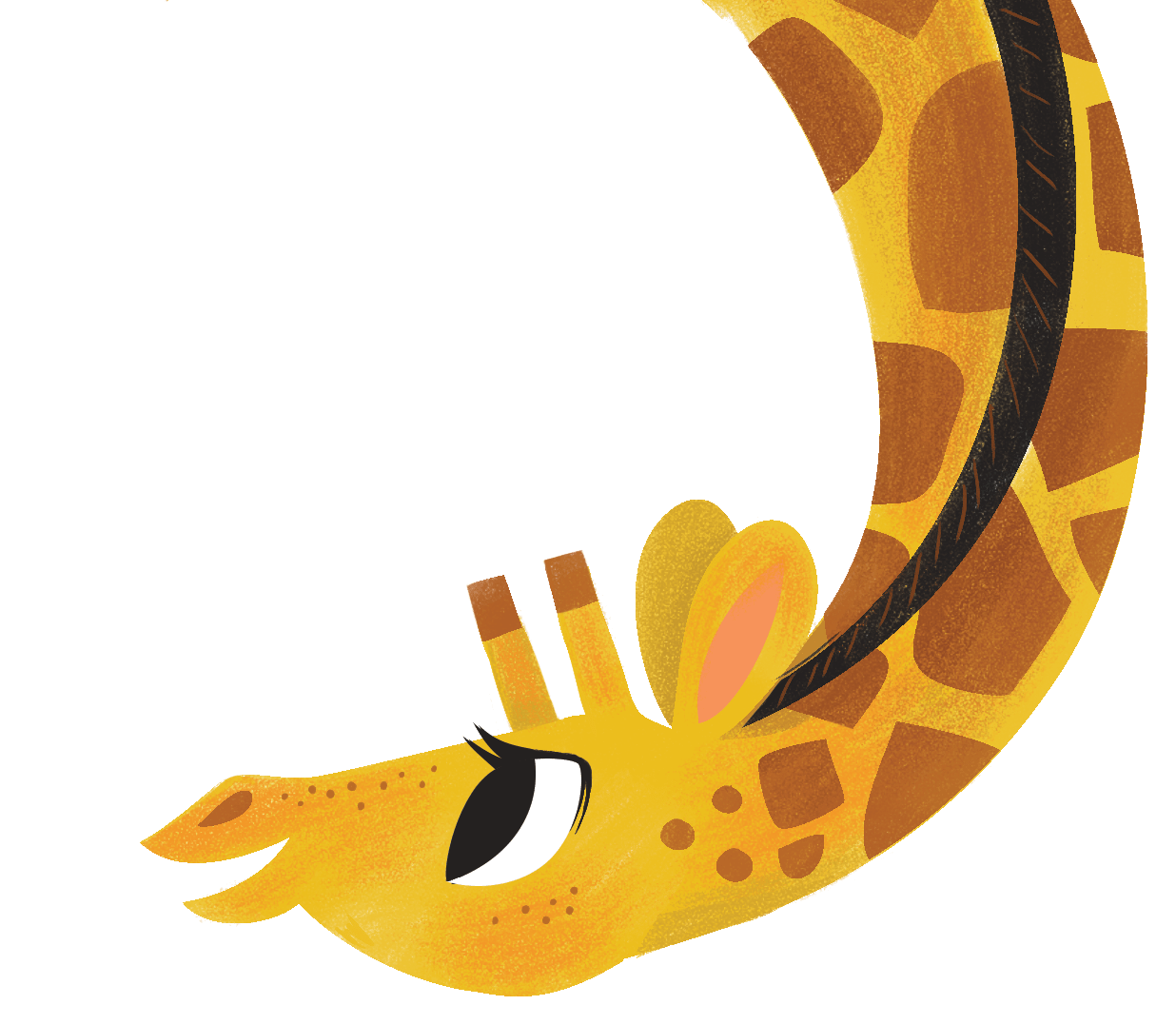 Eight years ago, I did an author visit at the American Community School of Abu Dhabi…and I just spent five days back in the same school. I started with two assemblies to introduce students to why and how I write books–showing that many of my books draw power from the small moments of my own childhood (the students at ACS are doing a lot of writing about their own small moments), showing how the hard work of writing is rooted in the passion of reading, showing the joy of getting to see reading ripple to kids in Ethiopia through my volunteer work with Ethiopia Reads. Asking, “How do you make a difference?”
Eight years ago, I did an author visit at the American Community School of Abu Dhabi…and I just spent five days back in the same school. I started with two assemblies to introduce students to why and how I write books–showing that many of my books draw power from the small moments of my own childhood (the students at ACS are doing a lot of writing about their own small moments), showing how the hard work of writing is rooted in the passion of reading, showing the joy of getting to see reading ripple to kids in Ethiopia through my volunteer work with Ethiopia Reads. Asking, “How do you make a difference?”
 Over the next four days, I went into almost every classroom in the elementary school and talked about the power of details. If they are the life blood of good writing, as John Gardner said, where do we find them? “Does anyone remember the assembly and something about Lanie that came from my own childhood?” I asked. Almost everyone remembered that I spent lots of my childhood outside, that my dad had a garden in Ethiopia, that my mom was the one with the “inside genes.”
Over the next four days, I went into almost every classroom in the elementary school and talked about the power of details. If they are the life blood of good writing, as John Gardner said, where do we find them? “Does anyone remember the assembly and something about Lanie that came from my own childhood?” I asked. Almost everyone remembered that I spent lots of my childhood outside, that my dad had a garden in Ethiopia, that my mom was the one with the “inside genes.”
Vivid and interesting details come from memories.
 River Friendly River Wild gives me the best ways to show how I use what’s happening around me, too, as I’m gathering details that end up in my books.
River Friendly River Wild gives me the best ways to show how I use what’s happening around me, too, as I’m gathering details that end up in my books.
Not everyone has been through a natural disaster.
Everyone has had times in life when everything feels intensely real and immediate, when every sight and sound and taste and smell and texture feels charged with emotion. Some people have the gift of paying attention to the treasure of ordinary moments, too. Of letting the quiet bits speak. Of savoring the taste of a spoonful of oatmeal as if it were completely new.
 For the rest of us, traveling–the thing that makes almost everything new–awakens the senses in ways that our daily lives can’t. The students I spoke to last week are world travelers, so they understood when I talked about the surprises around every corner of a new place.
For the rest of us, traveling–the thing that makes almost everything new–awakens the senses in ways that our daily lives can’t. The students I spoke to last week are world travelers, so they understood when I talked about the surprises around every corner of a new place.
Travel often uncovers the unexpected detail that delights because it surprises. I shared my favorite pictures of my surprises. I said, “When you’re stuck in what you’re writing, get up and walk around.” Touch. Taste. Smell. Hear. See. Gather.
As you gather, I said, wrap words around what you’re experiencing. Don’t forget the power of verbs…of the just right noun or unusual adjective.
Vivid and interesting details come from observation.
 Schools are busy places these days. Sometimes I get the feeling there’s no time for surprise and no time for the teachable moment. (Pay no attention to that author; we’re busy with our reading unit.) We seem endlessly fascinated with the new techniques and approaches and curriculum units that are going to make students oh so much smarter and well-rounded and equipped for life. We share the vocabulary of books and writing and reading without giving learning communities the time it takes to experiment and practice and dabble and dream. We miss the material that is right in front of our noses.
Schools are busy places these days. Sometimes I get the feeling there’s no time for surprise and no time for the teachable moment. (Pay no attention to that author; we’re busy with our reading unit.) We seem endlessly fascinated with the new techniques and approaches and curriculum units that are going to make students oh so much smarter and well-rounded and equipped for life. We share the vocabulary of books and writing and reading without giving learning communities the time it takes to experiment and practice and dabble and dream. We miss the material that is right in front of our noses.
International schools aren’t immune to the pressures, the “must cover x amount of material” as if learning were a predictable matter of input and measurable result. Still, they often get lots of things right. They are places of reading and books. They are amazing margin-oases where the children of the world gather and sit together and read and think and write and rub elbows with their teachers and sometimes with authors and other innovators.
They are incubators for what is to be. Powerful people…those children of the world.


